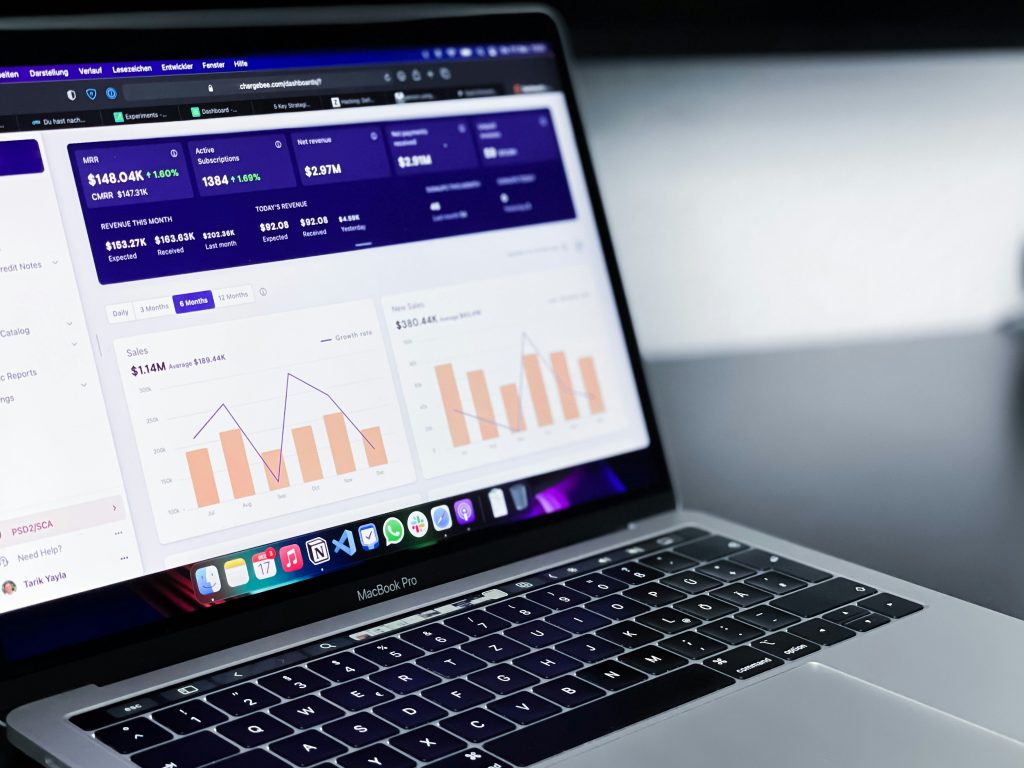Introduction
In today’s hyper-connected digital economy, marketing is no longer driven solely by creativity and intuition. Businesses that thrive are the ones that combine creativity with evidence-based decision-making. This is where research in digital marketing becomes indispensable. With consumer behavior evolving rapidly and competition intensifying, organizations can no longer afford to rely on guesswork. Instead, they must harness research methodologies, tools, and analytics to better understand markets, predict trends, and optimize campaigns.
This blog explores the importance of research in digital marketing, the methodologies that define it, the tools businesses rely on, and how research will shape the future of marketing strategies.
Evolution of Research in Digital Marketing
Marketing research has existed for decades, primarily through focus groups, surveys, and in-person interviews. However, the digital revolution transformed how businesses collect and analyze data. Instead of waiting weeks for insights, marketers today can access real-time analytics to measure consumer preferences, website traffic, social engagement, and campaign ROI.
Traditional research methods offered limited reach and relied heavily on consumer recall. Digital platforms, on the other hand, capture behavior as it happens. Search engines, social media platforms, and e-commerce websites generate data that reveals not just what consumers say but what they actually do. This shift from opinion-based insights to behavior-driven insights marks a significant milestone in the evolution of marketing research.

Types of Digital Marketing Research
1. Market and Consumer Behavior Research
Understanding the target audience is the foundation of effective marketing. Digital research allows businesses to analyze consumer demographics, psychographics, and purchasing behavior. Tools like Google Trends and survey platforms help uncover what customers are searching for, what influences their decisions, and how they interact with online brands.
2. Competitor Research
In a saturated market, knowing what competitors are doing is vital. Competitor analysis tools such as SEMrush, SimilarWeb, or Ahrefs enable marketers to evaluate rivals’ SEO strategies, paid ad campaigns, and backlink profiles. This information helps businesses benchmark performance and uncover untapped opportunities.
3. Content and SEO Research
Content remains a key driver of digital visibility. SEO research ensures that businesses produce content aligned with user intent. Keyword analysis, SERP tracking, and topic clustering guide content strategies to attract organic traffic. Research also reveals content gaps, ensuring businesses publish materials that meet audience needs better than competitors.
4. Social Media Analytics
Social platforms generate vast amounts of behavioral data. Research on engagement rates, audience demographics, and sentiment allows brands to refine content strategies. Social listening tools like Brand watch or Hootsuite Insights track brand mentions, consumer sentiment, and trending conversations.
5. Paid Advertising and Campaign Performance Research
Digital ad platforms such as Google Ads and Meta Ads Manager provide granular data on impressions, clicks, conversions, and costs. Analyzing these metrics helps businesses allocate budgets more efficiently and refine targeting parameters for higher ROI.
Key Research Tools and Methodologies
The scope of digital marketing research is vast, but several tools and methodologies stand out:
- Google Analytics 4 (GA4): Provides insights into user behavior, acquisition channels, and conversions.
- SEMrush & Ahrefs: Essential for keyword research, backlink audits, and competitor benchmarking.
- HubSpot & Salesforce Marketing Cloud: Deliver CRM-driven insights into customer journeys.
- Hotjar & Crazy Egg: Use heatmaps and session recordings to study user interactions.
- Surveys & Polls: Platforms like Typeform or SurveyMonkey gather direct consumer feedback.
- A/B Testing: Allows marketers to compare two variations of campaigns, improving design and messaging decisions.
Together, these tools empower businesses to make evidence-based choices, reducing wasted ad spend and enhancing overall marketing efficiency.
Case Studies and Real-World Insights
Case Study 1: E-Commerce ROI Optimization
An online fashion retailer used advanced analytics to track abandoned carts. Through research, the brand identified that shipping costs were a major deterrent. By introducing free shipping on orders above a threshold, conversions increased by 22% within two months.
Case Study 2: B2B Content Marketing
A B2B software company leveraged SEO research to identify long-tail keywords related to “cybersecurity for healthcare.” By publishing targeted whitepapers and blogs, they attracted niche traffic and generated 40% more qualified leads.
These examples highlight how research is not theoretical but directly impacts revenue and customer acquisition.
Challenges in Digital Marketing Research
While research offers unparalleled opportunities, it comes with challenges:
- Data Privacy and Ethics
Regulations such as GDPR (Europe) and CCPA (California) demand that companies handle data responsibly. Misuse of consumer data not only attracts penalties but also erodes brand trust. - Information Overload
With vast data streams coming from websites, apps, and social platforms, marketers often struggle to distinguish actionable insights from noise. - Vanity Metrics
Not all numbers matter. Likes and impressions may look impressive but may not always translate into sales. Marketers must focus on metrics that align with business goals, such as conversions and customer lifetime value.
Future Trends in Digital Marketing Research
- AI and Predictive Analytics
Artificial intelligence is revolutionizing research by predicting consumer behavior. Predictive models help businesses anticipate customer needs before they even arise. - Voice and Visual Search Research
With the rise of voice assistants and image-based search tools, research must adapt to understand new consumer discovery patterns. - Neuromarketing
Emerging techniques such as eye-tracking and brain-response measurement will reveal subconscious consumer reactions to ads and content. - Cross-Platform Integration
Future research will focus on consolidating fragmented consumer journeys across devices and platforms to provide a unified marketing view.
Conclusion
Digital marketing research is no longer optional—it is the strategic backbone of every successful campaign. From understanding consumer intent to predicting market shifts, research empowers organizations to make smarter, faster, and more impactful decisions.
As businesses continue to navigate an ever-changing digital landscape, those who invest in research will not only enhance ROI but also build stronger, more authentic relationships with their audiences. In a world where consumer preferences change daily, data-driven marketing isn’t just an advantage—it is survival.
